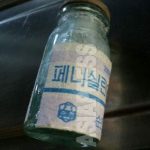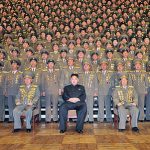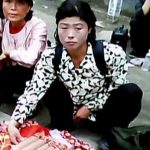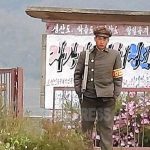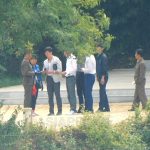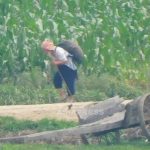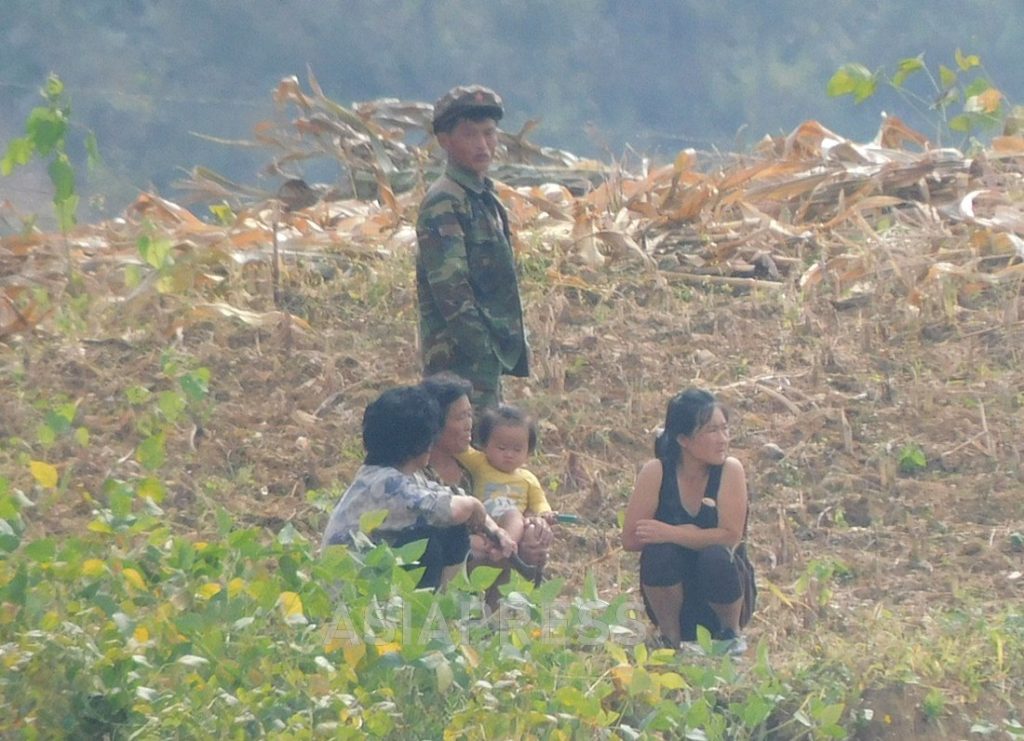
Recent reports confirm that North Korean authorities are pushing for new agricultural innovations, including increasing double-cropping areas and allowing farms autonomy in seed selection. An ASIAPRESS reporting partner investigated Farm A in North Hamgyong Province multiple times and reported the following. (JEON Sung-jun / KANG Ji-won)
◆ Introducing new wheat and barley seeds, slogan of "seed revolution"
Farm A, investigated by the reporting partner since mid-July, has about 500 farm workers and mainly cultivates corn. It's a typical medium-sized farm in the northern region with many mountains and few rice paddies.
"Instructions were given under the premise of 'our style of farming revolution according to climate and soil conditions' as a countermeasure to global warming and climate change, allowing farms to choose their own crops independently."
The reporting partner said that authorities are emphasizing a "seed revolution," introducing new wheat and barley seeds unlike in the past.
"Each farm was instructed to establish a specialized seed research institute to study and improve seeds that use less fertilizer and grow well in poor soil. Research on seeds was ordered not only for grains but also for vegetables."
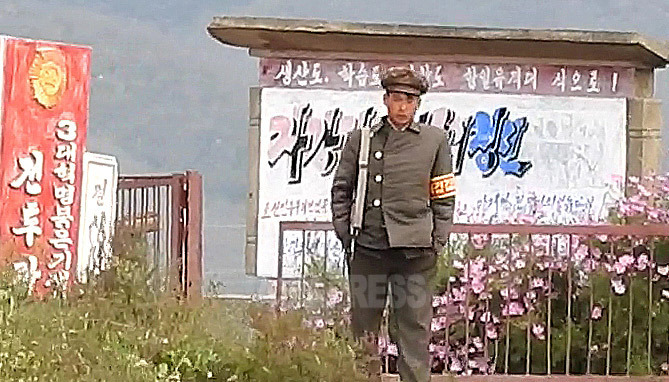
◆ Double-cropping area doubled
According to additional news sent by the partner in late September, these changes are being applied more rapidly in rural areas.
"The latest wheat and barley seeds have been introduced and are being used for this fall's sowing. Total mobilization for sowing until mid-October has doubled the double-cropping area compared to last year. If it was 2-3 jeongbo per work team last year, it's about 5 jeongbo this year."
◆ Allowing discretion in independent production and sales for livestock, vegetables, and fruits
Along with this, significant changes in farm operation methods, including production and distribution, were reported.
According to the reporting partner's investigation of Farm A in late August, independent production and sales were also observed to be allowed in livestock, vegetables, and fruits, excluding grain crops.
"In the case of vegetable teams, they grow vegetables every season, sell them at markets, and wholesale them. The farm doesn't control this, only requiring result reports, so it's been separated in this way."
◆ Strict control on personal transactions of corn, North Korea’s staple food
Meanwhile, regarding corn, the country’s staple food, farmers are not allowed to barter, sell, or wholesale it as food individually at the farm, and the past practice of bartering food for industrial goods at farm stores has also disappeared.
These changes in rural areas seem to be the authorities' intention to increase agricultural productivity through farm innovation and secure more food reserves under state control.
※ ASIAPRESS communicates with its reporting partners through Chinese cell phones smuggled into North Korea.
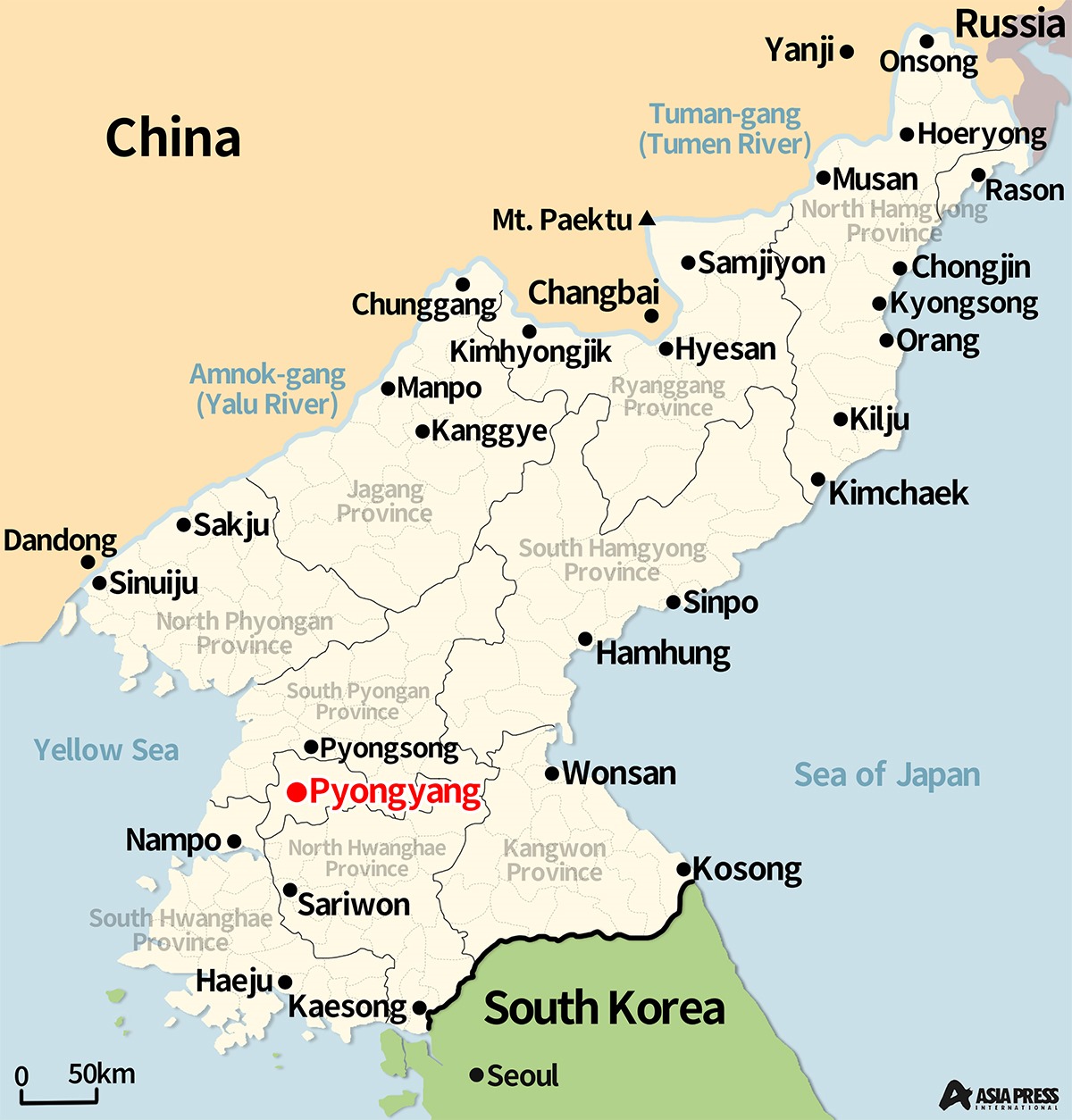
- <Lighting Up N. Korea's Four Dark Years> (1) Almost the Only Escape Route -The New Generation ‘Donju’ Who Crossed the Sea Tell About COVID-19, Chaos, and Social Change
- <Inside N. Korea> North Korean Won Value Plummets, US Dollar Exchange Rate Doubles Since Early This Year... 'Severe Foreign Currency Shortage'
- <N. Korea Floods>Officials Taking Lead in Recovery Work, Anxious About Being Watched by Residents; Some Officials Punished for Drinking Alcohol
- <North Korea Floods>Floods Destroy Barbed Wire and Guard Posts in Parts of North Korea-China border... Government Keeps Local Residents Away from Riverside Restoration Work
- <Inside N. Korea>'I'm too hungry to work'... Flood Recovery Workers Deserting Due to Starvation, Continued Government Demands for Materials and Aid from Ordinary People
